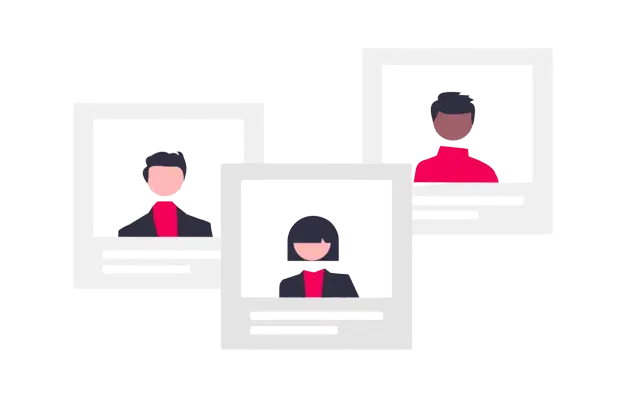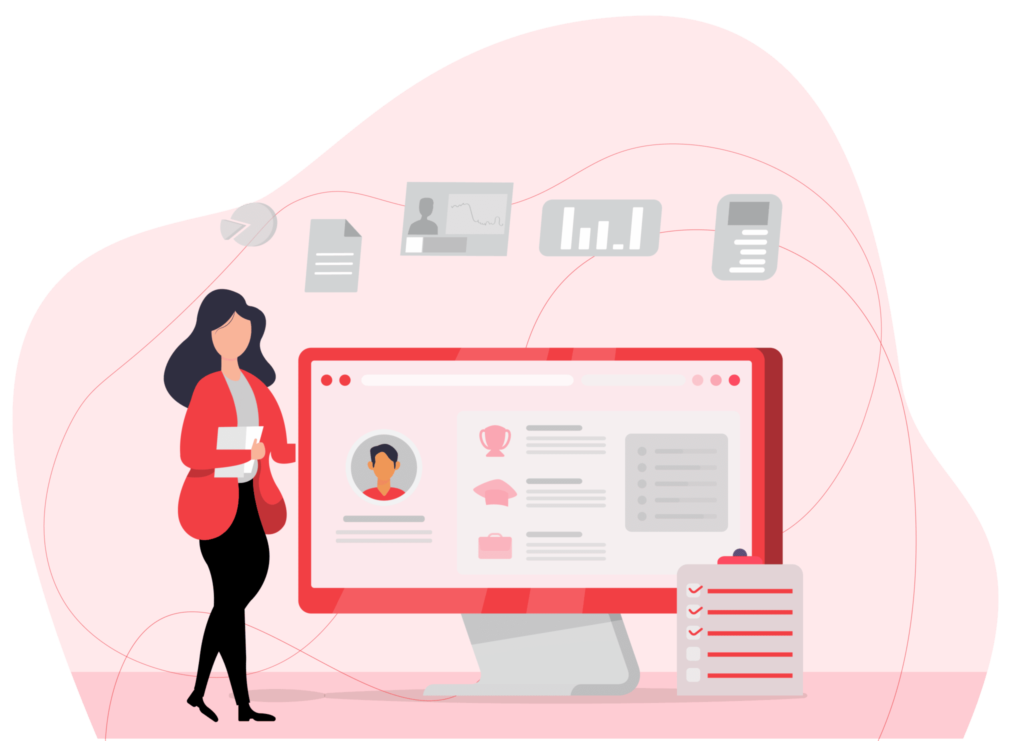Overview of OpenCV Test
The opencv test assesses crucial vision skills, aiding in hiring for roles requiring image processing and algorithmic skills, and enhancing recruitment efficiency.
Skills measured
- Image Processing Techniques
- Computer Vision Algorithms
- Machine Learning Integration
- Real-Time Image Analysis
- OpenCV Software Library
- Programming Skills
- Understanding Data Structures



